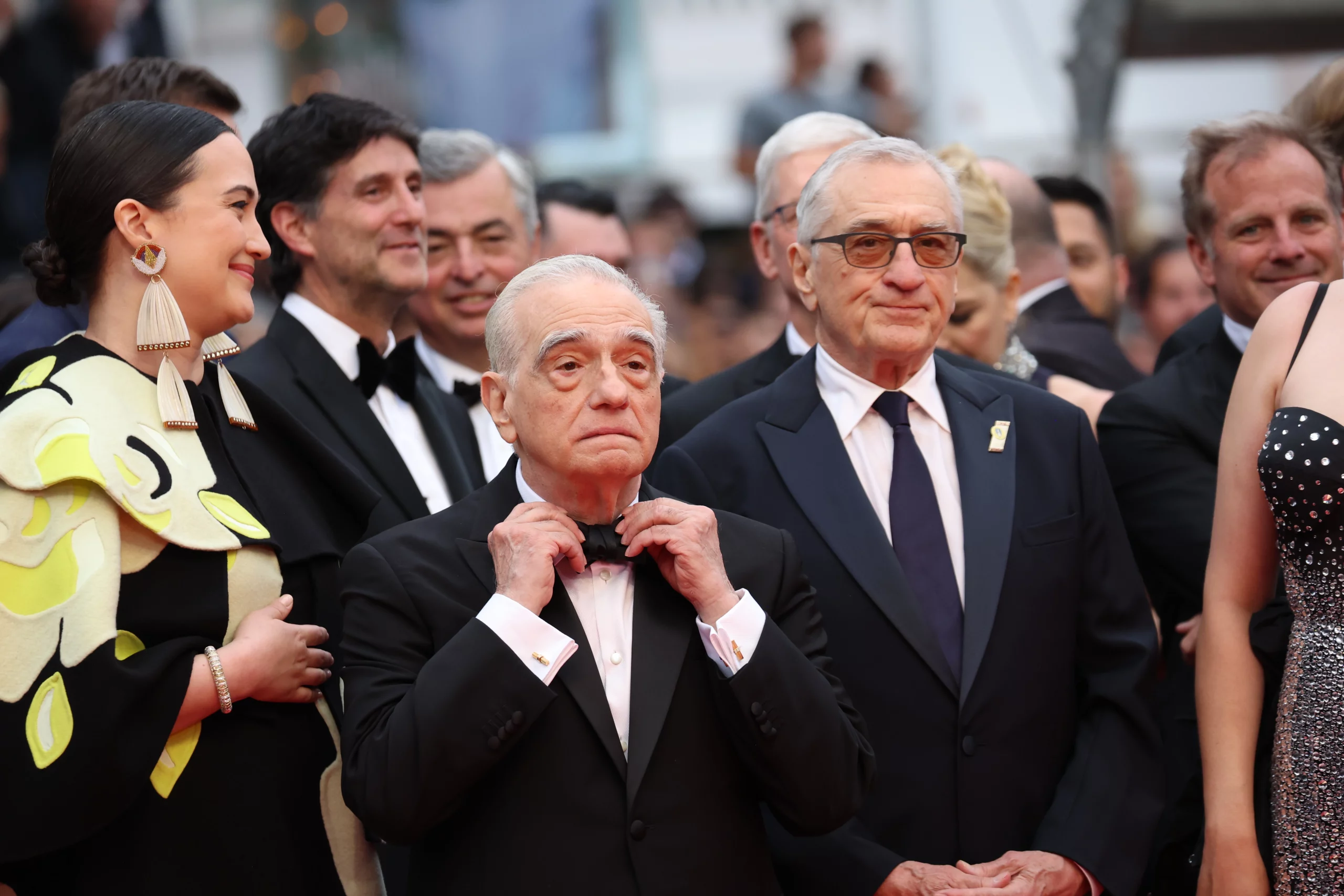

















Denver Nuggets defeated Miami Heat in NBA Finals Game 1 Denver Nuggets defeated Miami Heat with a dominant performance, defeating the Miami Heat in Game 1...



OnePlus 12 Specs Leak: Unveiling the Future of Smartphone Technology In the fast-paced world of smartphones, OnePlus has established itself as a formidable player known for...



Neuralink’s Milestone: Elon Musk’s Brain Implant Company’s Human Trials Approved Elon Musk’s visionary brain implant company, Neuralink, has achieved yet another groundbreaking milestone with the recent...



Apple’s WWDC 2023 Keynote Begins June 5 The Worldwide Developers Conference (WWDC), Apple’s WWDC 2023 Keynote, a yearly event that Apple fans look forward to, will...



Stewart Rhodes Founder of Oath Keepers, Got 18 Years in Prison: Implications and Analysis In a significant development, Stewart Rhodes, the founder of the controversial far-right...



GoDaddy Hosting Reviews: Unveiling the Pros and Cons GoDaddy, established in 1997, is a renowned web hosting provider known for its wide range of services and...



Netflix, the popular streaming platform, has officially launched its crackdown on password sharing Netflix’s password-sharing crackdown Is Officially On. The company’s new initiative aims to tackle...



Britain Restricts Family Migration of Overseas Students In a recent development, Britain Restricts Family Migration of Overseas Students. The new regulations aim to bring stricter controls...


OnePlus Ventures into Android Tablets: A New Era of Versatile Mobility After establishing itself as a force to be reckoned with in the smartphone market, OnePlus...


System76 Refreshes the Lemur Pro: A Leap Forward in Portable Computing System76 Refreshes the Lemur Pro. This System76, the renowned manufacturer of Linux-powered computers, has once...